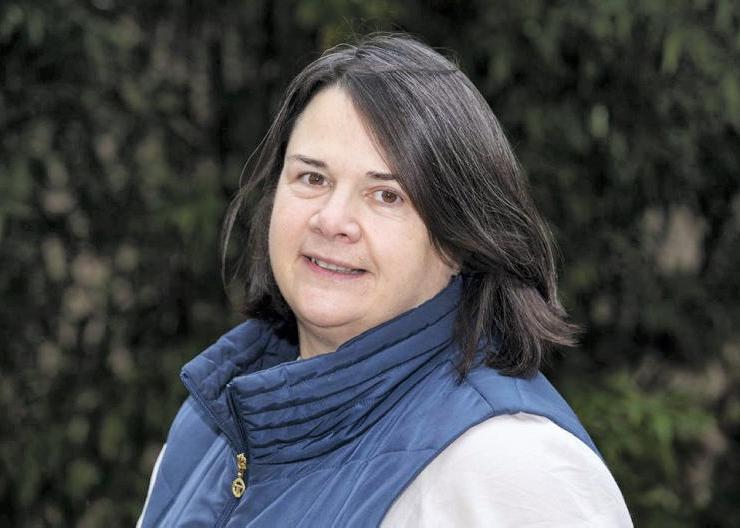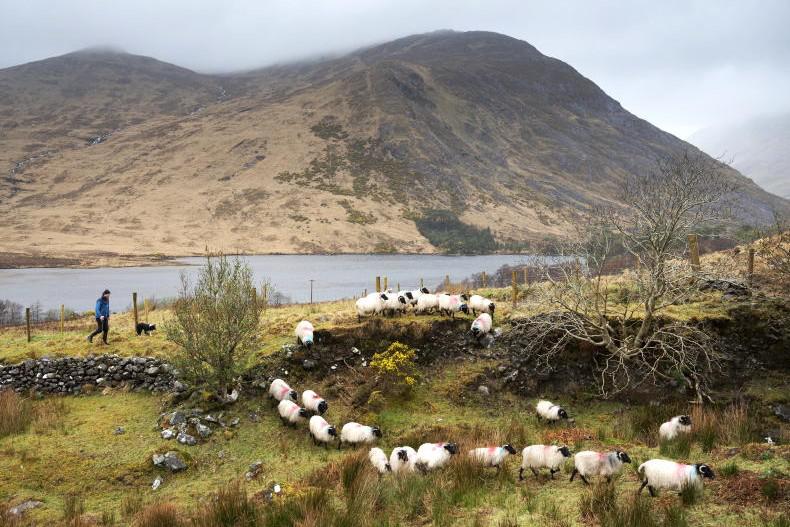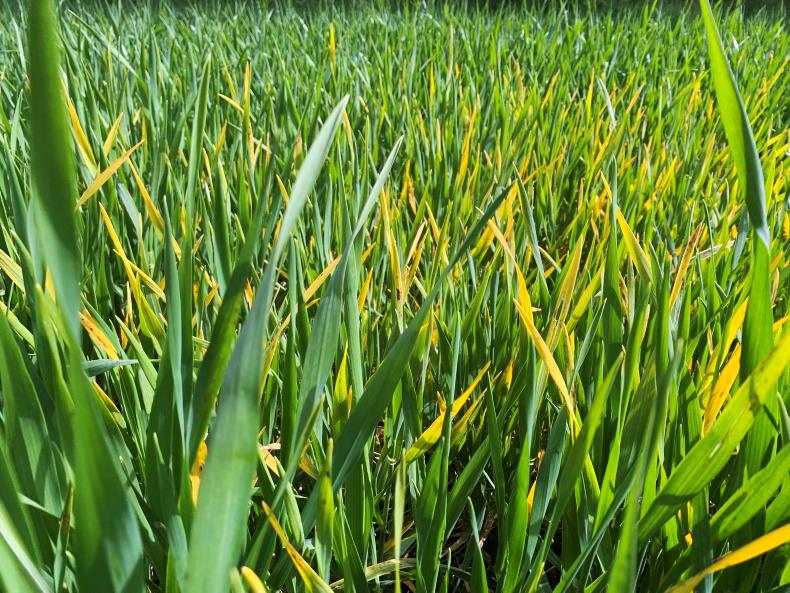The cobwebs have been well and truly wiped out of farmers’ eyes early in the year. While others talk of Blue Monday and the endless grind of January, farmers are tearing into 2023.
The cold weather this week means wrapping up, bracing yourself, and getting out there to lamb the ewes or feed the stock. Final preparations are being made for calving on suckler and dairy farms. Rollers for cover crops and ploughs are in the fields, getting ground ready for spring planting. It isn’t the weather for standing around and there isn’t the time for it.
And farmers are adopting a similar attitude when it comes to embracing the challenges change is bringing to their farms. January is always a busy time for meetings, as everyone will be far too busy once the spring work starts. And we have seen huge attendances at meetings all over the country.
Packed
The Positive Farmers Conference in Cork was “packed out” (and fuelled Joe Brolly’s quip about wanting to attend a negative farmers conference). Tillage meetings organised by Dairygold, the Irish Seed Trade Association and the Irish Grain Growers packed rooms in Cork, Tipperary, Carlow and Meath. The IFA’s Farming and Climate Summit saw farmers flock to Thomond Park.
This week saw the culmination of Tirlán’s round of information meetings, Quinn’s sustainable tillage conference and the Irish Farmers Journal’s own CAP meeting in Ballina. A round of Teagasc county seminars for dairy and tillage farmers continue to bring out good numbers.
Next week sees the IGG AGM in Athy on Monday. Dublin hosts both the IFA AGM on Tuesday and the European Young Farmers (CEJA) conference, hosted by Macra across Wednesday and Thursday. The Teagasc National sheep conference is a two-venue event in Monaghan and Wexford, and the Teagasc National Tillage conference is in Kilkenny on Wednesday. The 2023 Ulster Arable Frowers conference in Greenmount is the following week.
It’s breathless stuff, with meetings in practically every county in Ireland but they are all seeing big turnouts, despite the current bad weather and road conditions. And most of these are daytime meetings.
Why? Because farmers are aware of all the big changes in schemes and regulations this year. They want information and they want advice. And farmers are also acutely aware that last year’s input and price bubble could turn into this year’s input bubble and price squeeze. They want market information and guidance on how best to navigate the tricky waters ahead.
The mood at these meetings is very businesslike indeed. The speechmaking and policy advocacy that was typical of meetings during the CAP debate phase is over. It’s now mostly about getting on with the new realities.










SHARING OPTIONS